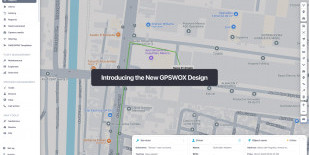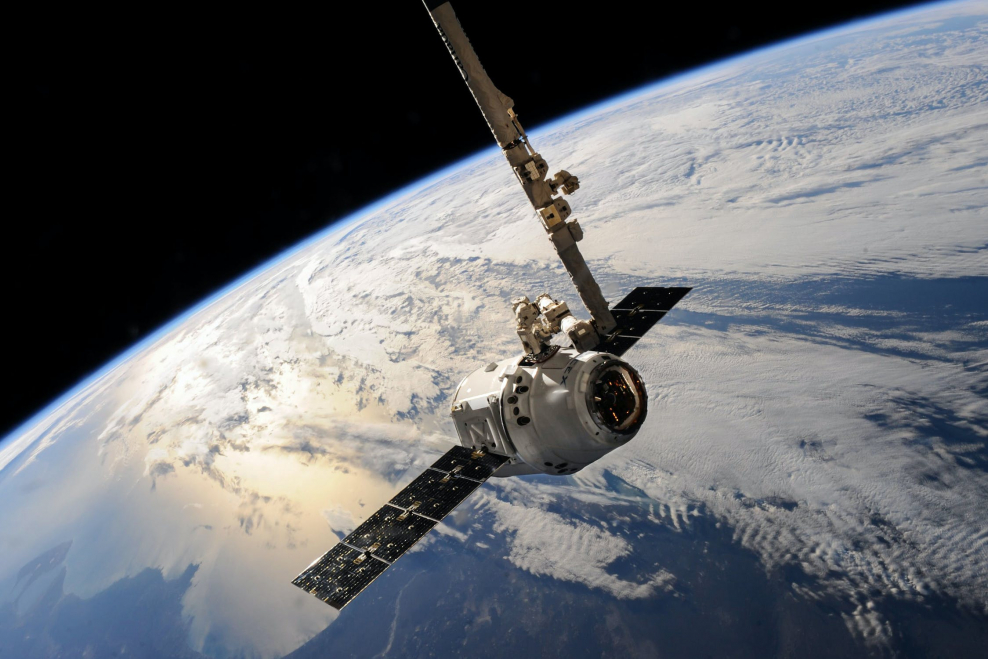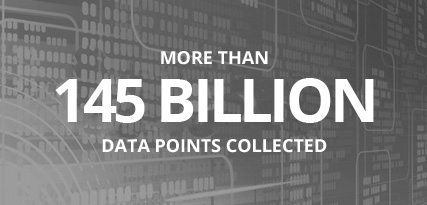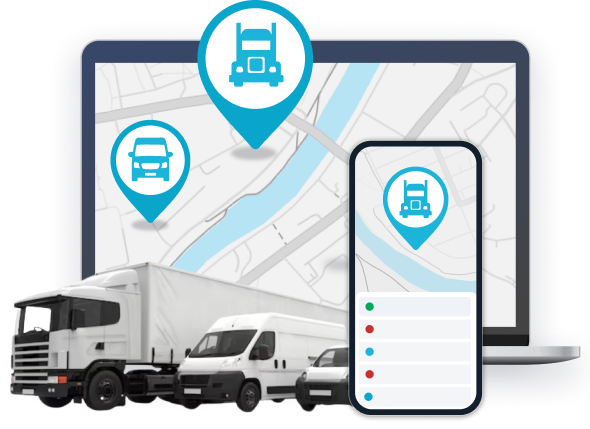

The Future Trends of GPS Tracking
GPS technology has come a long way—bulky devices are a thing of the past as trackers are getting smaller, sleeker, and ever more convenient to control. While there have been significant advancements in recent years, the pace of technological evolution is not backing down. The current trends paint a wildly promising picture of what GPS tracking is going to look like going forward. Buzzwords such as AI, automation, and the IoT all play a role in depicting the exciting direction that the GPS tracking industry is embracing. We’ll uncover the advancements, trends, and applications that will shape the future of GPS tracking and the profound impact they’ll have on user experience.
Form Factor and Efficiency
When it comes to GPS trackers, size makes a big difference. It is no secret that not too long ago, trackers used to be rather bulky, thus staying in the category of speciality devices. Nowadays, a durable and compact form factor is becoming an essential quality of modern GPS tracking devices. They are steadily becoming smaller and more unassuming. This makes them easier to install and greatly widens the spectrum of applications.
Thanks to smaller chips and more efficient components, we are going to see GPS trackers become more minute while still retaining impressive functional capabilities. Apple’s widely popular AirTag is a case in point. The convenient coin-sized form and superb iOS software tracking integration opened the benefits of GPS up to a wide audience, crowning it as an instant classic in the Apple ecosystem. Whether safeguarding your wallet, phone, bike, or putting a small tracker on a pet collar—the device easily adapts to one’s needs.
Optimized Reliability
The reliability of a GPS tracking device is what ultimately makes or breaks it. Older logistics GPS tracking devices were known to be susceptible to signal interference and even intermittent loss. However, thanks to cumulative tech advancements, including the use of multiple satellite constellations and progressive signal processing algorithms, the function of modern GPS devices is improving at an exponential rate. Signal loss problems are long gone with the current state-of-the-art devices. Improvements in signal accuracy and reliability are sure to continue, making tracking functionality increasingly more useful for a wide variety of scenarios.

Edge Computing
Power outages and other unforeseen disturbances can cause havoc on GPS tracking devices when they rely on communicating with a centralized system. Stability is especially important for fleet management operations where every second counts, impacting the efficiency of a business. However, going into the future of GPS, such risks will be eradicated thanks to edge computing.
Edge computing enables local data collection and processing without having to rely on external systems. Instead, vehicles have onboard computers (edge devices) that handle all the necessary information. On top of the added stability, such a data processing structure eliminates signal latency. Due to edge computing, information does not have to travel long distances to be processed. This powerful technology increases GPS signal efficiency and enables faster responses to obstacles and reroutes. Delivery services can therefore be completed with fewer disturbances, improving customer satisfaction, and the overall reputation of companies relying on GPS data.
Artificial Intelligence (AI) Integration
Artificial intelligence (AI) is without a doubt the most profound technological leap that will affect GPS tracking systems. Machine learning algorithms such as Bard and Chat GPT have been making big waves, seemingly not leaving the headlines due to their powerful impact on culture. Mass adoption did not take long as optimizing everyday tasks has been made a breeze. Naturally, the benefits apply to GPS tracking systems as well. AI can help compute location information at lightning speeds, reference a vast historical database, and make incredibly precise decisions that take into account real-time updates from the web.
While this may sound generic, it is the practical benefits that count - route optimization to save time and fuel, identifying unusual driving behavior, and keeping an eye on vehicle maintenance schedules are just a few of the game-changing applications. All of this compounds into better delivery services, optimized operational costs, safer traffic, and a staggering efficiency profile. What’s more, AI won’t rest on its laurels. It keeps on learning from the data that is fed to it, meaning it continues to get smarter as it performs.

The Internet of Things (IoT) Integration
The Internet of Things (IoT) signifies another major leap in tech. In fact, it is closer to you than you might think. Amazon’s Alexa, smart home lighting, and other devices that can be controlled remotely all avail of the tech’s benefits. Once IoT is fully adopted by the GPS tracking industry, it is going to transform the landscape. IoT ultimately serves as a building block that opens a host of functional opportunities, especially when it is combined with AI.
How so? It is because IoT allows GPS tracking devices to connect to the internet. This enables trackers to send location data, and real-time updates to businesses via the web. The sent data can then be processed as necessary, empowering machine learning systems to do their part - asset tracking, maintenance schedule oversight, and lots more. IoT, serving as the connective fiber, will allow fleet management businesses to benefit from more precise data and thus better insights into their daily operations. A better oversight is great for businesses, but what about customers? Simple things such as waiting for one’s parcel or food delivery will become far more convenient. Once live updates get implemented on a wider scale, you’ll be able to trace your deliveries inch by inch.
5G Integration
The latest iteration of mobile networking, 5G, will make for a monumental upgrade in terms of data speeds - it is nearly 200x faster than 4G. At its maximum potential, it enables transfer speeds up to 20 gigabits-per-second (Gbps). The benefit isn’t just one dimensional, because it also unclogs web traffic. 5G boasts a 100x increase in traffic capacity and network efficiency. Another big benefit of 5G is its superb latency. Coming in at under 5ms, it blows 4G’s 60ms out of the water. While the practical implementation will take some time to reach its full potential, 5G technology paves the road for a truly substantial upgrade that will have a powerful impact on how quickly and reliably GPS trackers transmit data.
Conclusion
All in all, it is safe to say that the GPS tracking industry is about to experience a massive leap of growth. The coming tech innovations will ensure a big boost in the quality of GPS services ahead. Quicker home deliveries, unshakeable connectivity, and superb asset traceability are just a few of the improvements to get excited about. Once these trends are fully implemented, GPS tracking systems will leave little to be desired for any tech enthusiast.












